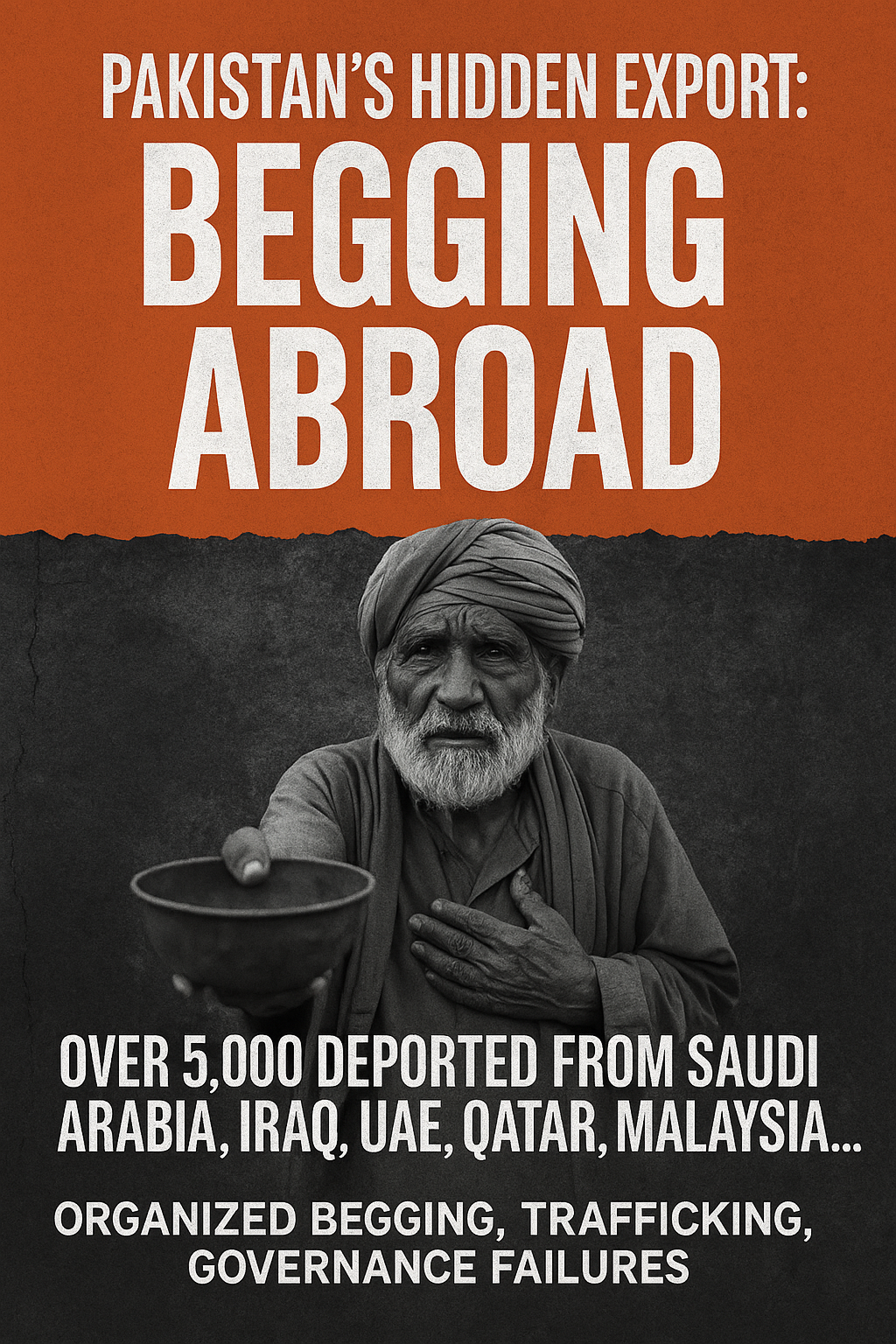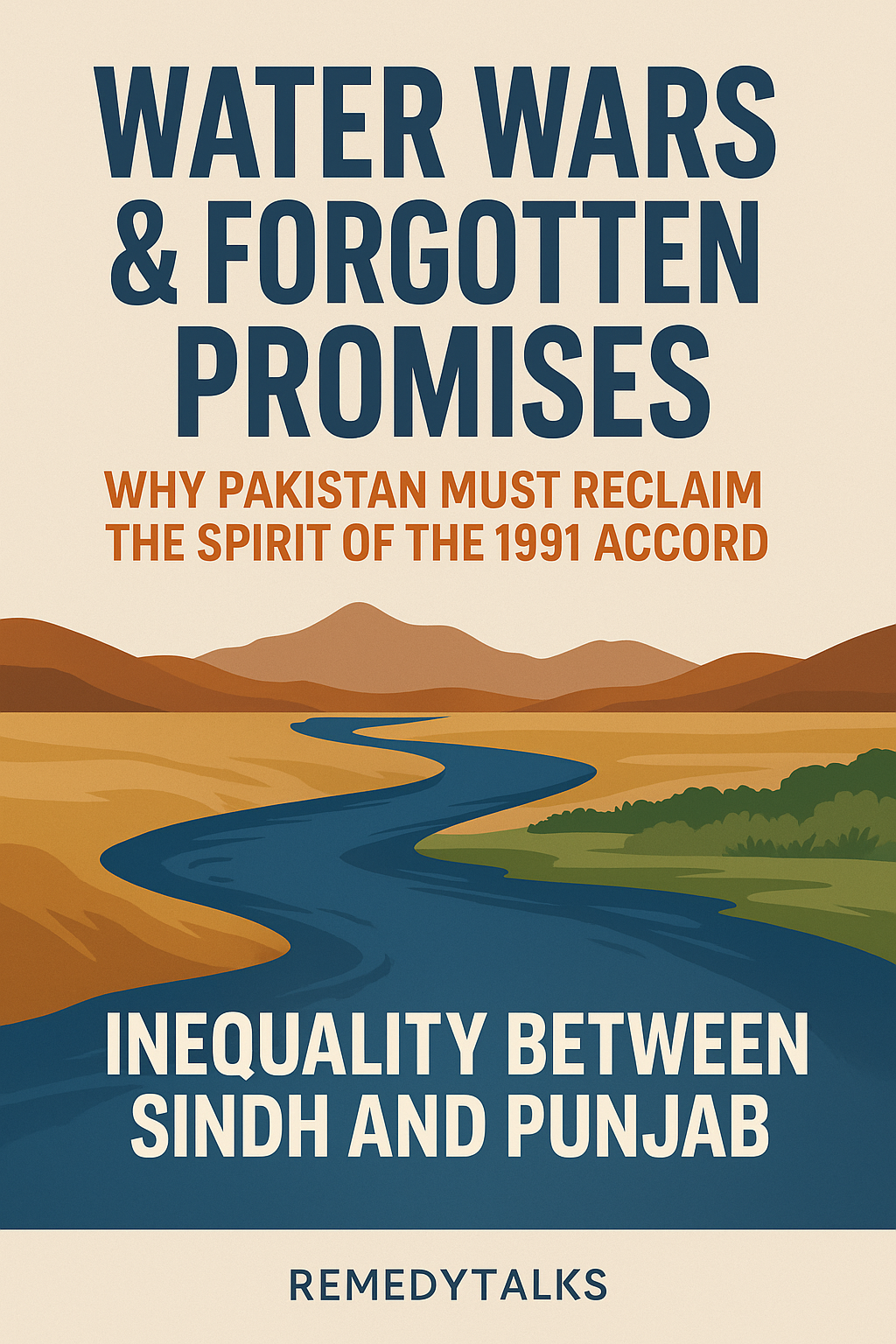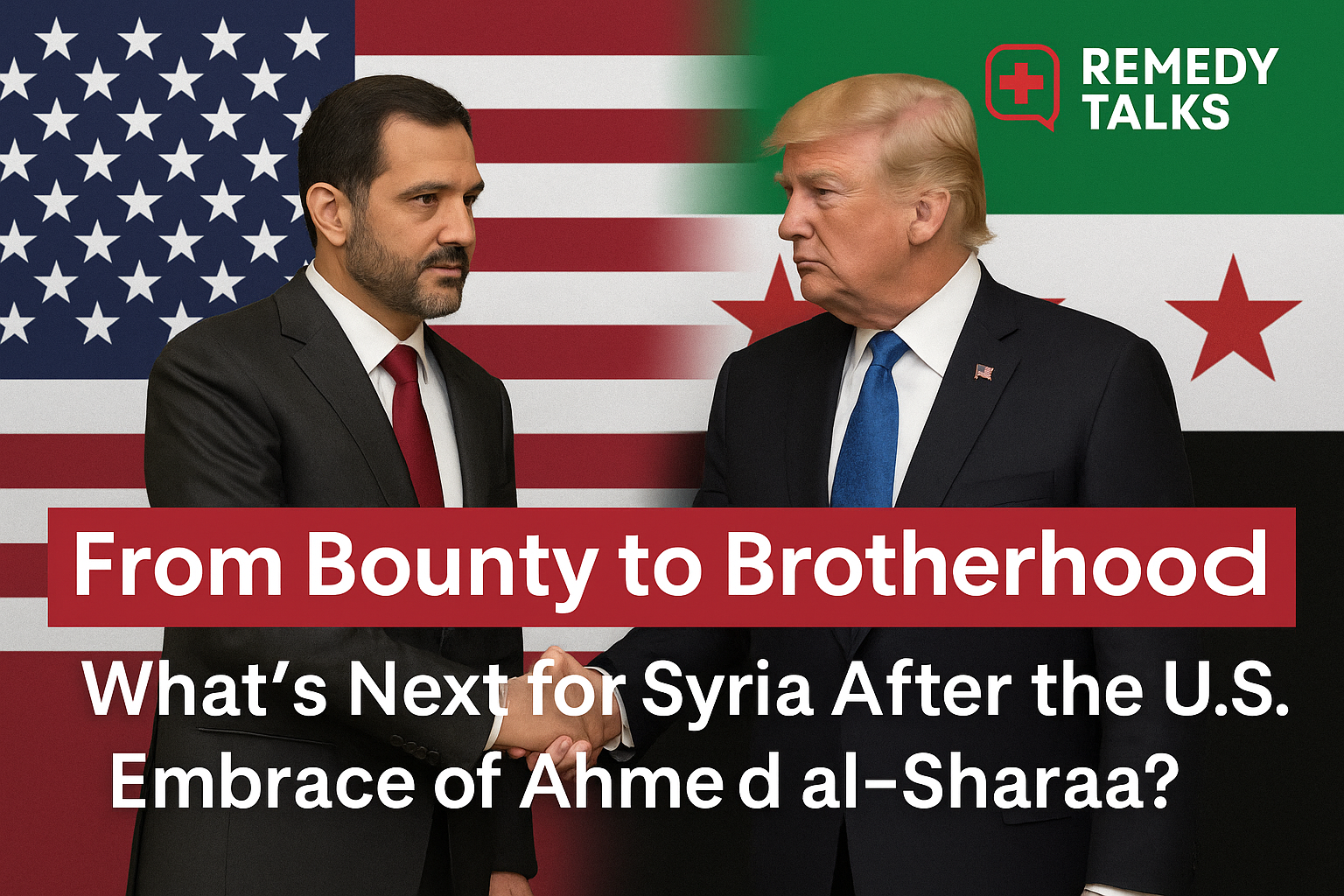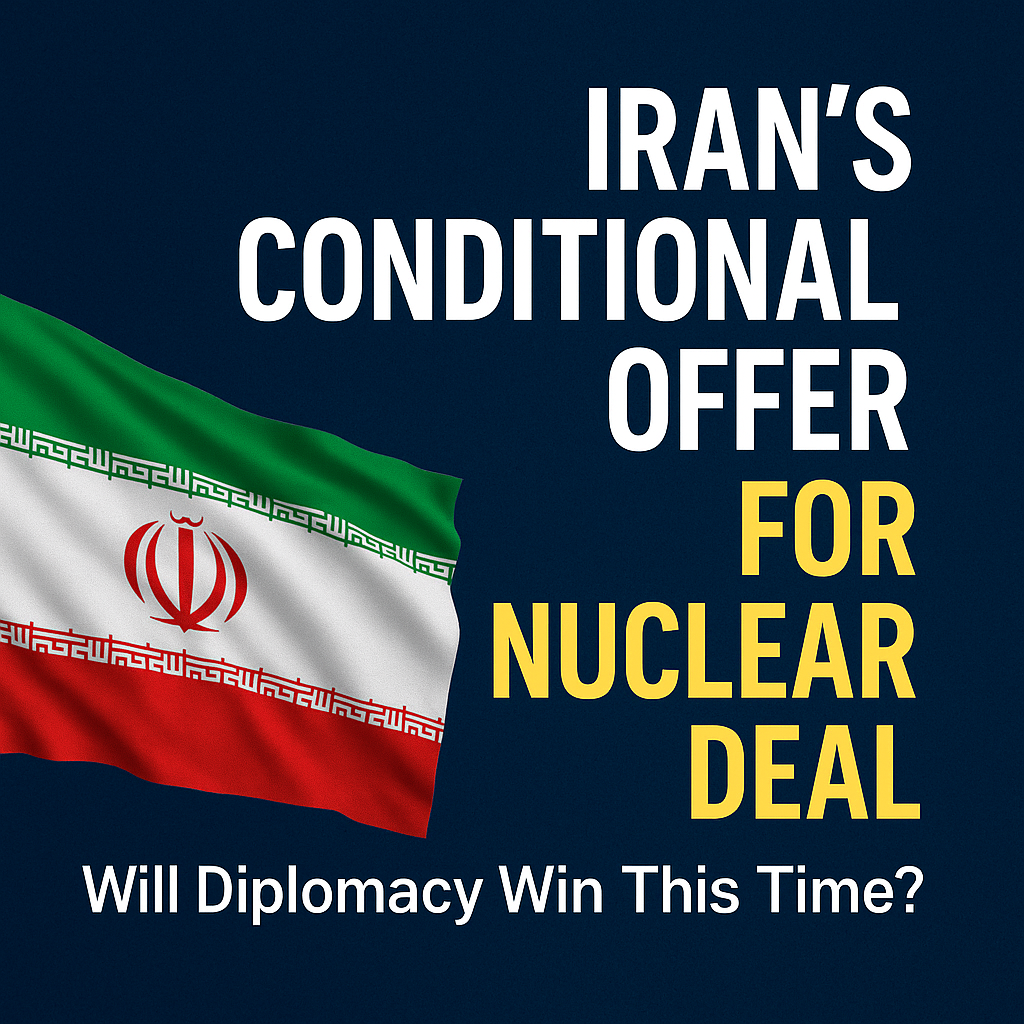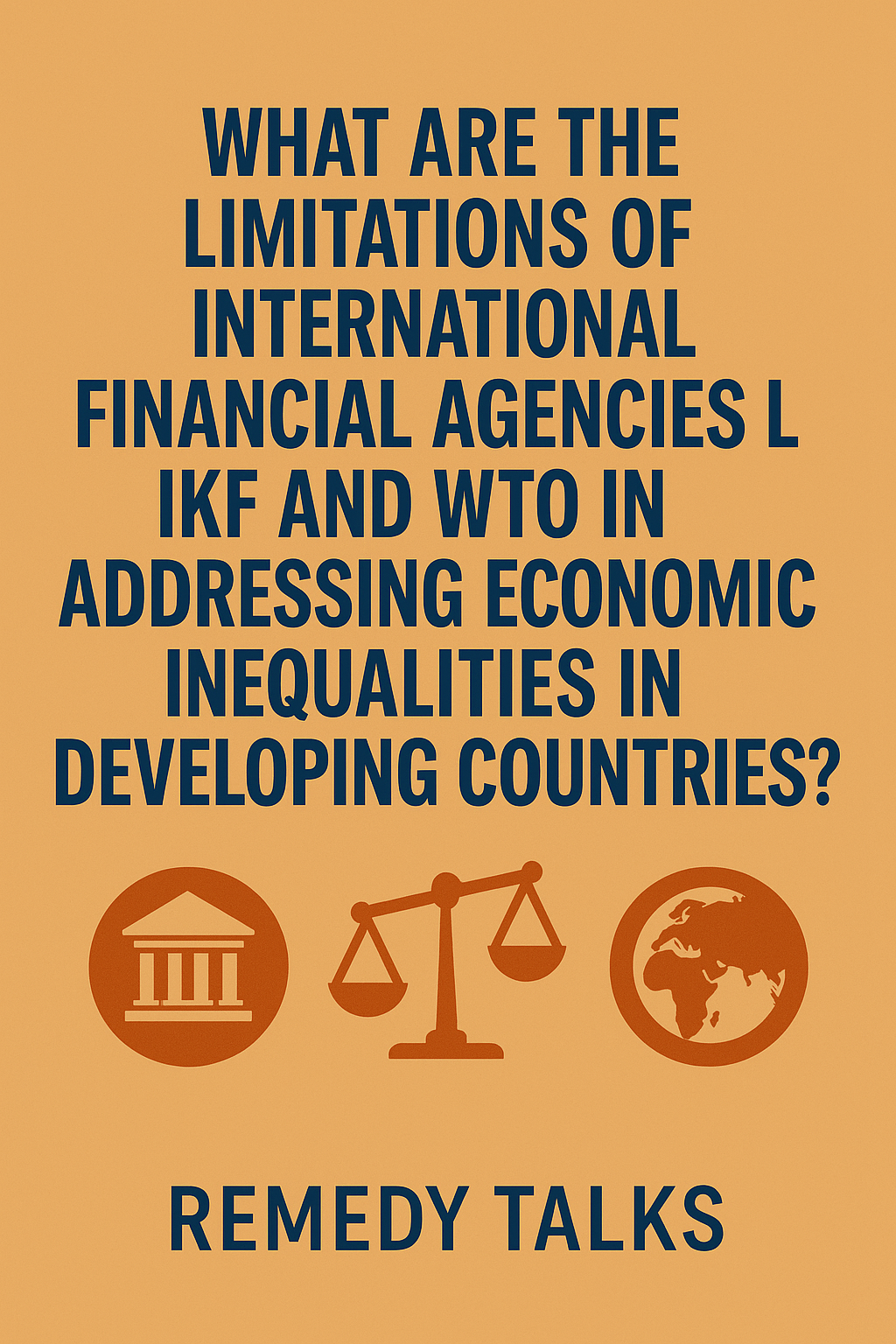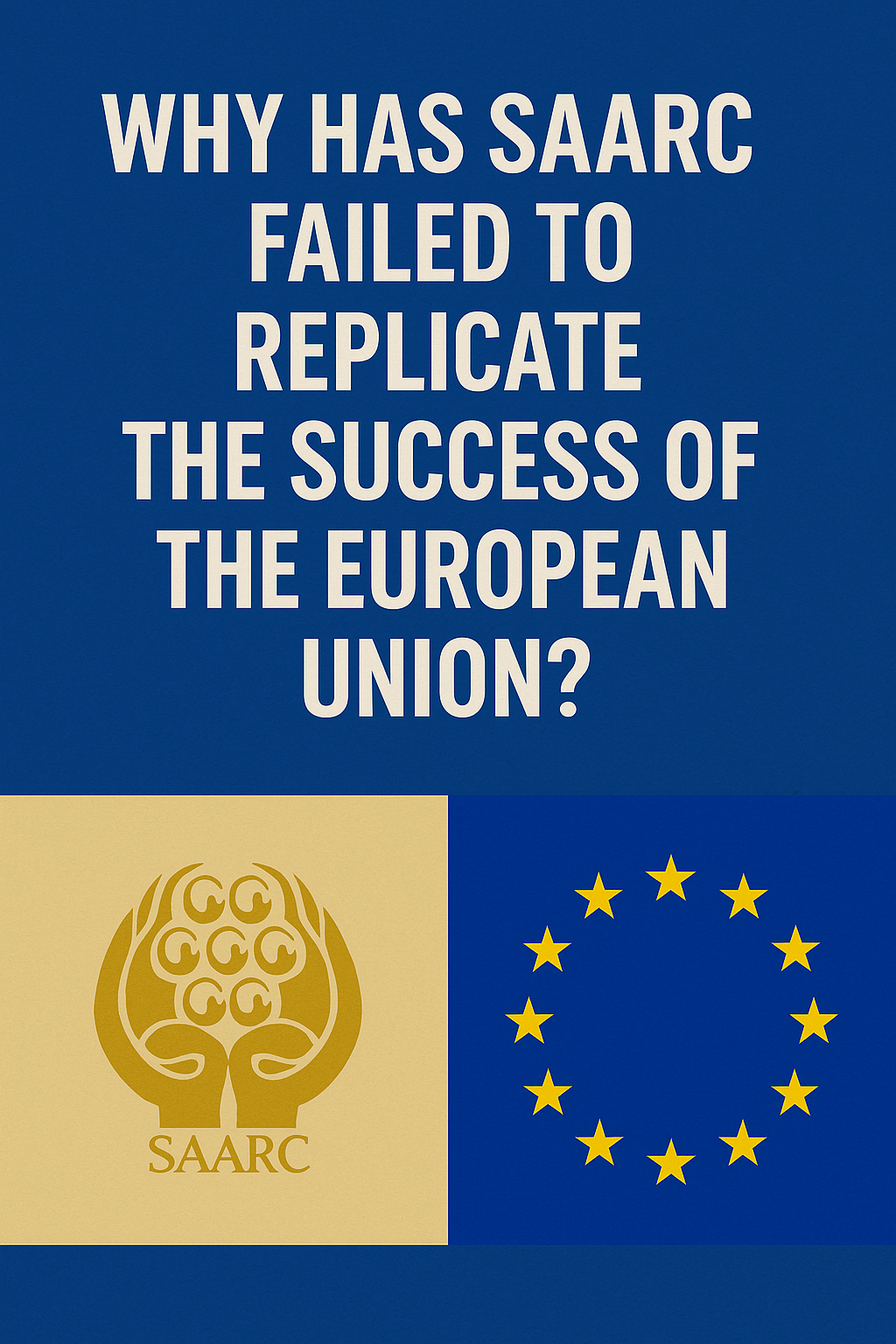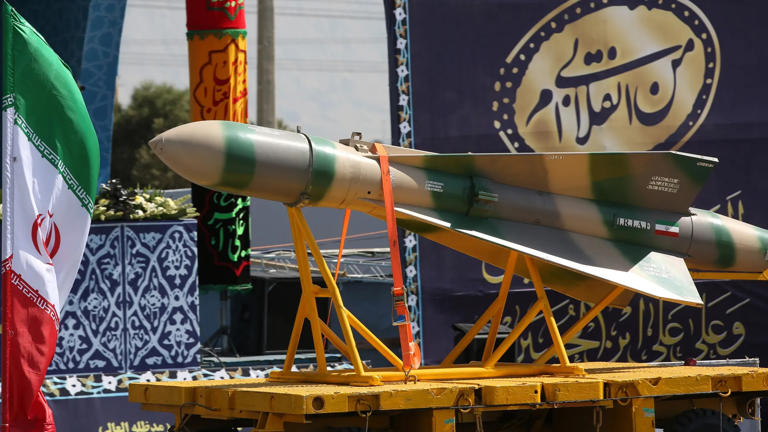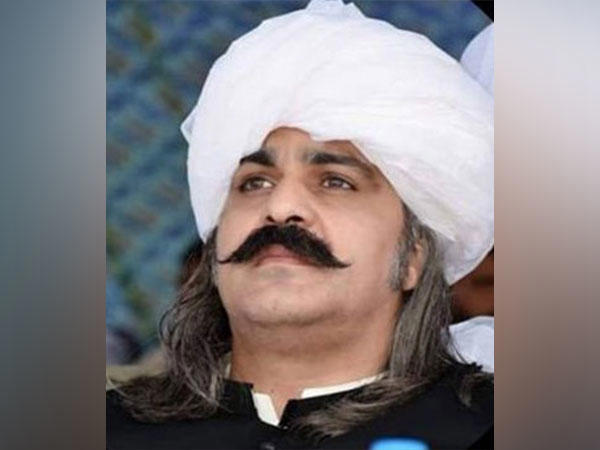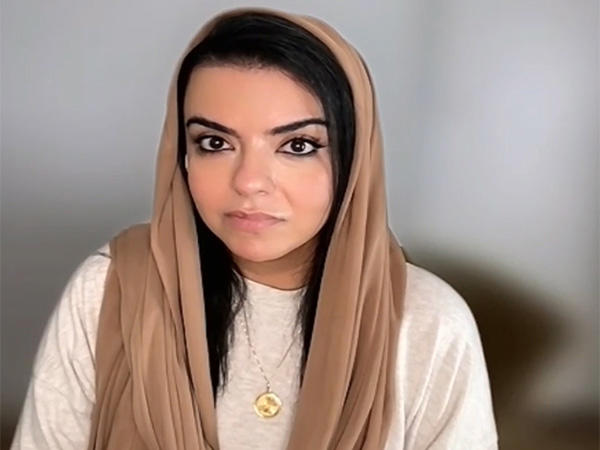There’s no easy way to say it: Pakistan is now exporting beggars.
Over 5,000 Pakistani nationals have been deported from countries like Saudi Arabia, Iraq, the UAE, Qatar, and Malaysia in just the past 16 months. The revelation came straight from the country’s interior minister—publicly admitted in parliament. What should’ve sparked national outrage has instead been met with silence.
Water is not just a natural resource in Pakistan—it’s a lifeline. It flows through our farmlands, fuels our economy, and sustains over 240 million lives. Yet, the country’s most essential asset has repeatedly become a source of division rather than unity. The recent debate over the proposed Cholistan canal project once again highlighted the deep-rooted tensions between Sindh and Punjab, forcing the Council of Common Interests (CCI) to intervene.
By Remedy Talks Editorial TeamReal issues. Real voices. Real impact. A Sudden Shift, A Deep Impact The UK government’s decision to double the qualifying period
Geopolitics has always been a realm where alliances shift like sand in the wind, but few transformations have been as jarring as the one we just witnessed in Syria. The man once known to the world as Abu Mohammed al-Jolani, feared leader of the Al Qaeda-linked Al Nusra Front, has now stepped onto the global stage with a new identity: Ahmed al-Sharaa, interim leader of Syria—endorsed, welcomed, and legitimized by none other than former U.S. President Donald Trump in a formal meeting in Riyadh.
In the world of geopolitics, few issues have lingered as long or stirred as much tension as Iran’s nuclear ambitions. After years of stalled negotiations, sanctions, threats, and mistrust, a new chapter may be about to unfold—but only if the terms are right.
This week, Iran publicly confirmed its readiness to return to the negotiating table to discuss a renewed nuclear deal. But there’s a catch: the United States must first abandon what Iran calls its “military intimidation tactics.”
International financial institutions like the International Monetary Fund (IMF) and the World Trade Organization (WTO) are often presented as global safety nets—designed to stabilize economies, promote trade, and reduce poverty. But for many developing countries, these institutions feel more like tightropes than safety nets. They come with conditions, restrictions, and expectations that often make it harder—not easier—to overcome deep-rooted economic inequality
At first glance, the South Asian Association for Regional Cooperation (SAARC) seems poised for success. With eight member countries—Afghanistan, Bangladesh, Bhutan, India, Maldives, Nepal, Pakistan, and Sri Lanka—sharing deep-rooted cultural ties, historical connections, and geographical proximity, many expected SAARC to evolve into a powerful regional bloc, similar to the European Union (EU)
The U.S. just dropped a sanctions bombshell targeting Iran’s secret ballistic missile network – with shocking Chinese connections. As Trump’s ‘maximum pressure’ campaign escalates, we uncover:
• The carbon fiber pipeline fueling Iran’s ICBM dreams
• 20+ shadow companies smuggling oil to China
• Why these sanctions could blow up nuclear talks for good
Is this strategic deterrence or a dangerous provocation? The answer may reshape the Middle East.
“In a dramatic shift, jailed PTI leader Imran Khan has extended an olive branch—offering dialogue ‘for Pakistan’s sake.’ But with Gandapur revealing weekly prison meetings and budget consultations underway, is this political compromise or a tactical pause? As the establishment weighs response, one question lingers: Can bitter rivals truly unite to rescue the sinking economy?”
“In a scathing indictment of Pakistan’s terror ties, Afghan parliamentarian Mariam Solaimankhil breaks her silence: ‘India did what the world failed to do.’ As she exposes ISI’s shadow war in Kashmir and Balochistan’s cries for freedom, her testimony reveals why Operation Sindoor wasn’t just justified—it was inevitable. The question now: Who will hold Pakistan accountable?”
